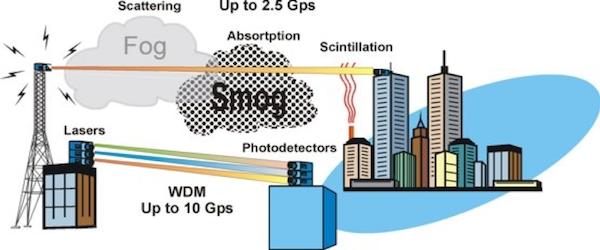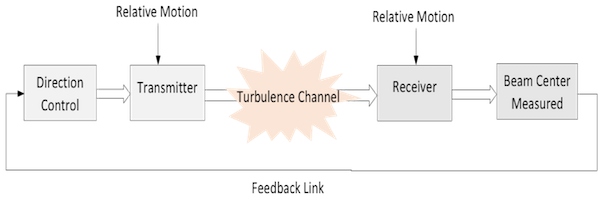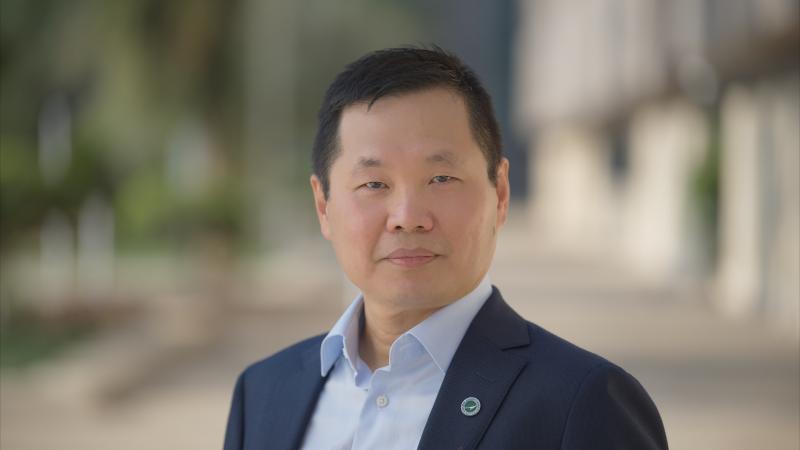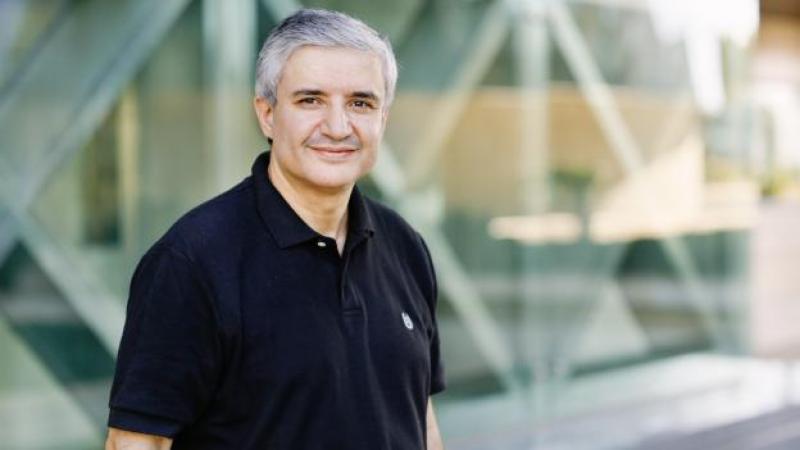Continuous improvement better than delayed perfection.
Asem Alalwan is a Ph.D. candidate in the Estimation, Modeling, and Analysis group (EMAN) supervised by Prof. Meriem Laleg at King Abdullah University of Science and Technology (KAUST).
Education and Early Career
Asem has graduated with a bachelor degree in Electrical Engineering from King Fahad University of Petroleum and Minerals KFUPM) in 2014. He joined KAUST in 2014 and earned his Master degree in 2016.
Research Interests
Asem's research is focused in the area of control and design of Free space optical (FSO) communication systems. FSO has emerged as a viable technology that offers a large capacity usage (data, voice, and video) in a number of short to medium range applications. However, FSO communication suffers from misalignment affected by different causes such as atmospheric turbulence, building sways, and background noise. These effects make link quality unreliable and hard to estimate link status. For example, atmospheric turbulence affects performance directly in terms of various conditions like SNR (Signal-to-Noise Ratio), BER (Bit per Error Rate), outage frequency...

Pointing errors caused by atmospheric effects or vibrations are particularly harmful to an optical communication link because of the increase in the fade probability of the signal level. The impact of these phenomena leads to the misalignment between the transmitter and the receiver, decrease in the received signal and increase in Bit Error Rate (BER). Therefore, our goal is to study these effects and propose efficient control strategies algorithms that can reduce the misalignment.

Education Profile
MSc. King Abdullah University of Science and Technology (KAUST) (2016)
BSc. King Fahad University of Petroleum and Minerals (KFUPM) (2014)
Awards and Distinctions
Second Honor among my BSc. Class

